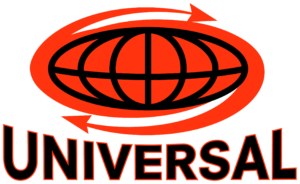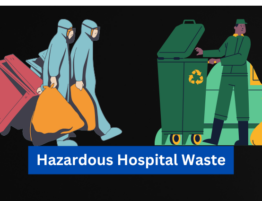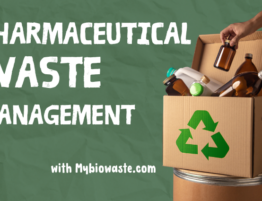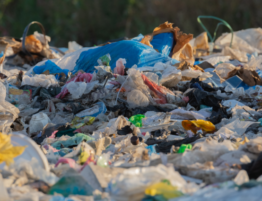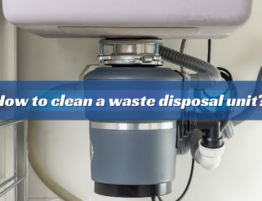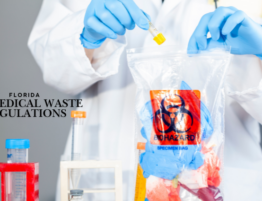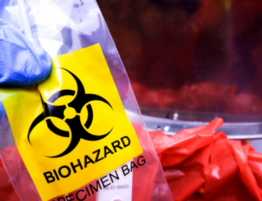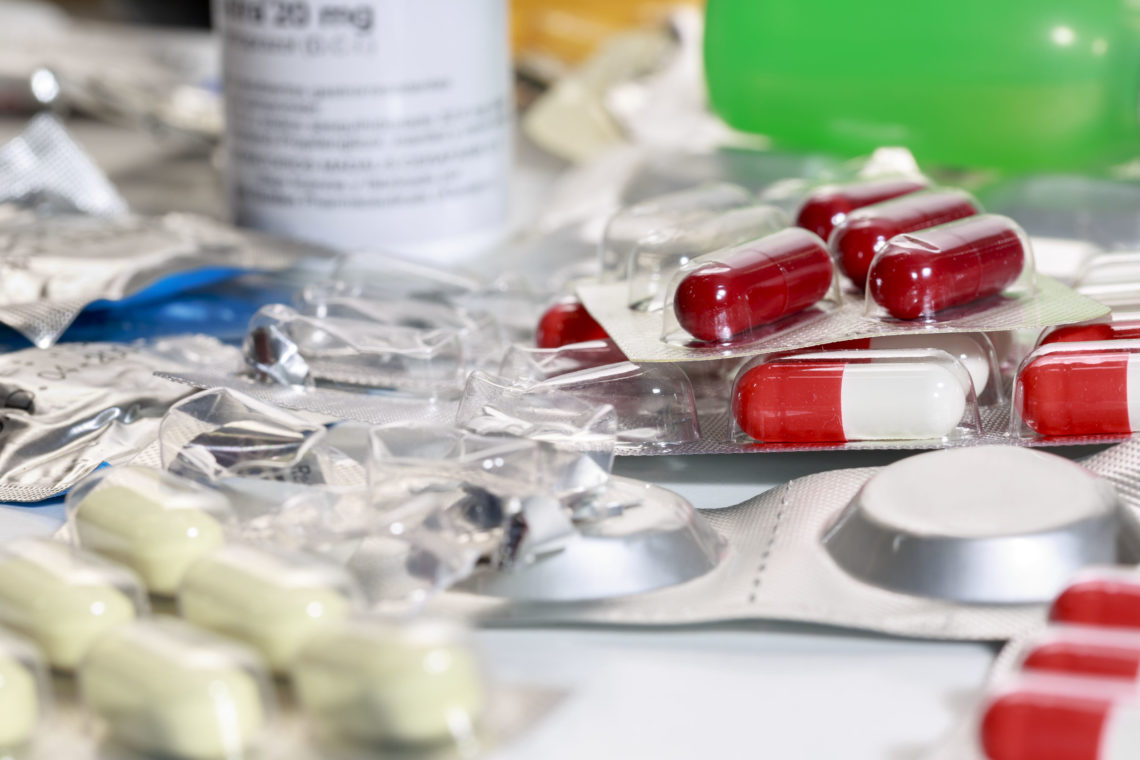

Over-the-counter drug waste
Over-the-counter medications, like those which alleviate headaches, allergies, colds and acid reflux, can be purchased without a prescription. However, you still need to handle them properly, as they can contaminate water when dropped down a toilet or sink. When placed in the trash, they can contaminate landfills and runoff. Even over-the-counter drugs can cause illness or injury when misused by children and adults.
Non-controlled/non-hazardous prescription drug waste
Non-controlled/non-hazardous prescription medications include those used to treat high blood pressure, diabetes and bacterial infections. These can be dangerous if taken by those who do not clinically need them. In some states, it’s against regulations for providers to place these into the trash. These drugs can be sent for disposal in a medical waste incinerator.
Controlled drug waste
Controlled drug waste is any waste classified by the DEA as something that requires control because it is highly addictive, regularly abused or toxic when accidentally taken in high doses. This waste is usually made up of prescription/pharmaceutical drugs. Controlled substances need to be disposed of properly to meet DEA requirements. They are collected in a satellite container on site, consolidated, audited, packed, transported and then treated and disposed of by a regulated substance disposal company, like Universal Waste Management.
Hazardous drug waste
Hazardous drug waste is any waste that has potential to cause death or serious illness or a waste that poses a significant hazard to human health or the environment when improperly treated, stored, transported or disposed of. These drugs are highly regulated if you’re a provider and must be disposed of as hazardous waste. Consumers can dispose of these drugs, along with their over-the-counter, prescription and non-controlled drugs in a DEA-compliant envelope or collection receptacle.
